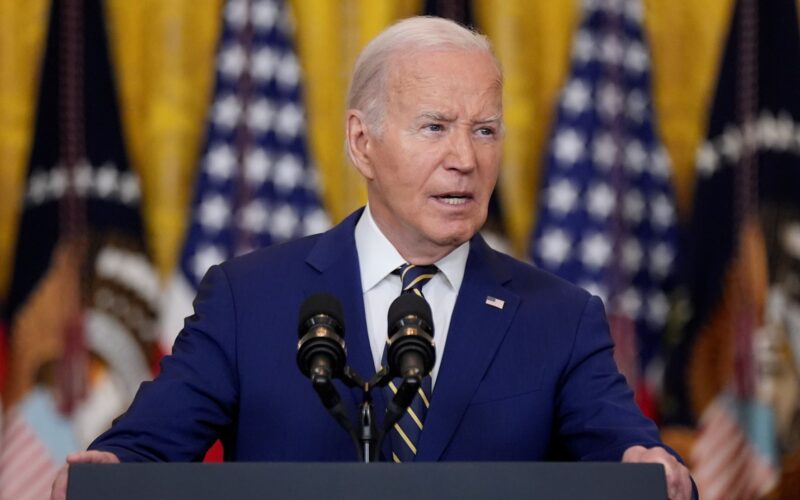Discussed in this episode: The USDA has announced a national program for testing milk samples from dairies for H5N1 avian influenza. A new study on health data in Singapore suggests getting boosted with newer bivalent vaccines reduced the chances of getting Long Covid after infection by about 38% (when compared to people who just got … Continued



